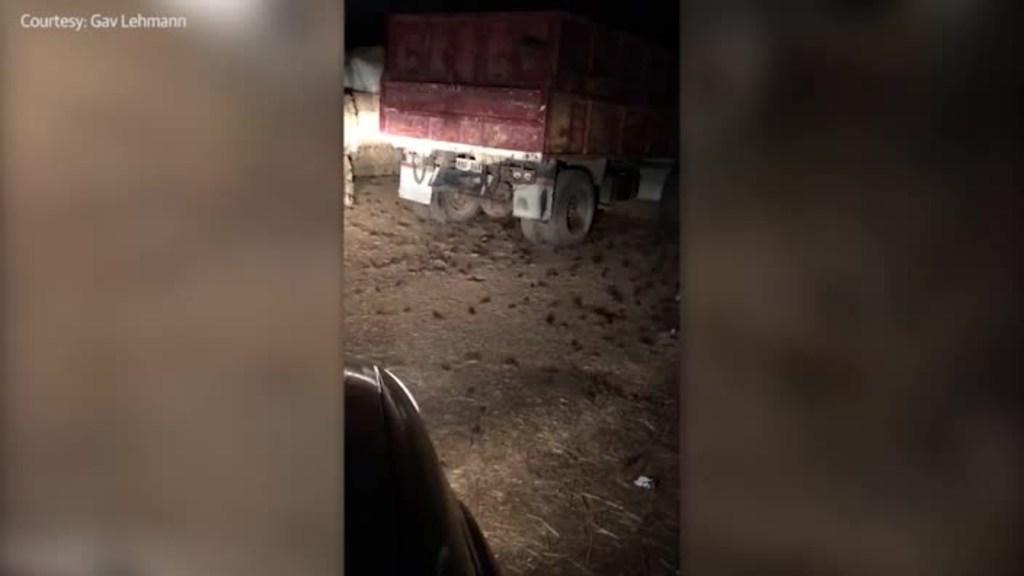Adelaide university vet issues warning about rat baits as dog poisonings quadruple in a month
THE number of dogs being accidentally poisoned by rat baits in South Australia has almost quadrupled in the past month, prompting vets to issue a warning.

- Shock as dog poisoned in front of owner
- Nightmare mouse plague caught on camera
- SA mouse plague: How to control mice around the home
THE number of dogs being accidentally poisoned by rat baits in South Australia has almost quadrupled in the past month, prompting vets to issue a warning.
It comes as metropolitan and regional South Australia has been hit by a mouse plague, causing more people to use baits.
The Companion Animal Health Centre, at the University of Adelaide, has seen 19 dogs in May which had eaten rat bail, up from five in March and four in April.
Sadly, two of the 19 dogs brought into the Roseworthy campus in May died.
University of Adelaide Veterinary Clinician Dr Peter Hutchison said people should not put baits in places dogs can easily get to.
“People with dogs should keep them supervised so they can’t wander and find baits.” he said.
“Dogs are attracted to bait by the smell, just like rats and mice are, and will eat the bait if they find it.
“Cats don’t tend to eat baits, but 50 per cent of the cases we see of rat bait poisonings in pets are where the animals have had no access to baits but have eaten poisoned rodents.
“As the rats and mice become sick and slower, they are easily caught by either dogs or cats.
“A few days later the cat or dog starts bleeding.
“Any pet seen to be eating rats or mice should be taken immediately to the closest vet who will make them vomit to stop the effect of the rodenticide.”
Clinical signs of rat poisoning include bleeding — in the urine and faeces or from the mouth, nose and any cuts — as well as pale gums, increased respiratory rate and lethargy.
If poison is suspected, veterinary clinics will run various blood tests.
Rat bait contains anti-clotting agents which mean the pet can bleed to death internally.
Treatment can involve surgery to release trapped blood and is lengthy and expensive, usually with clinic stays of a few days and ongoing treatment with vitamin K.
This is not just affecting rural and semirural areas but also metropolitan areas where people are putting baits around the house and in their gardens.
“The message for pet owners during the mouse plague is to not only make sure pets can’t access baits, but also check pets daily for any of the clinical signs of poisoning,” Dr Hutchison said. “Don’t wait — if your pet has any of these symptoms get them to the vet immediately; they may be bleeding to death.
“And please consider using traps instead. Mouse or rat traps may be less efficient than poison but they don’t kill your pet.”
